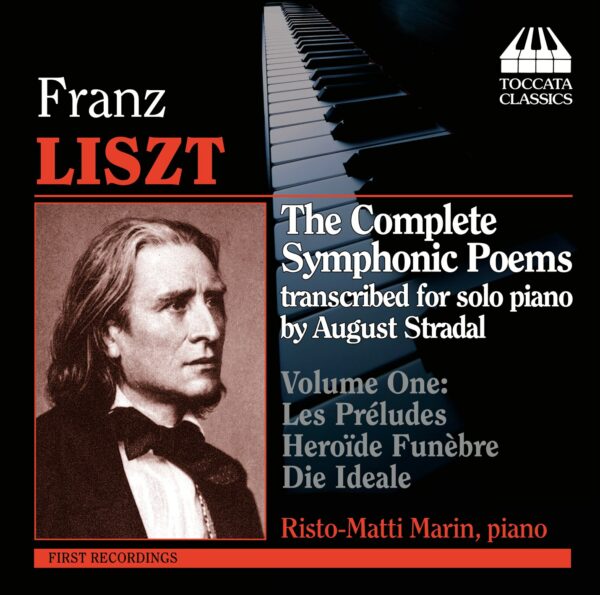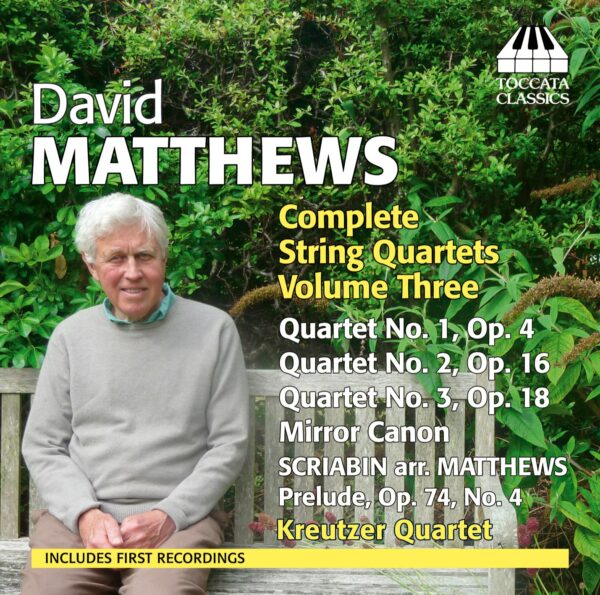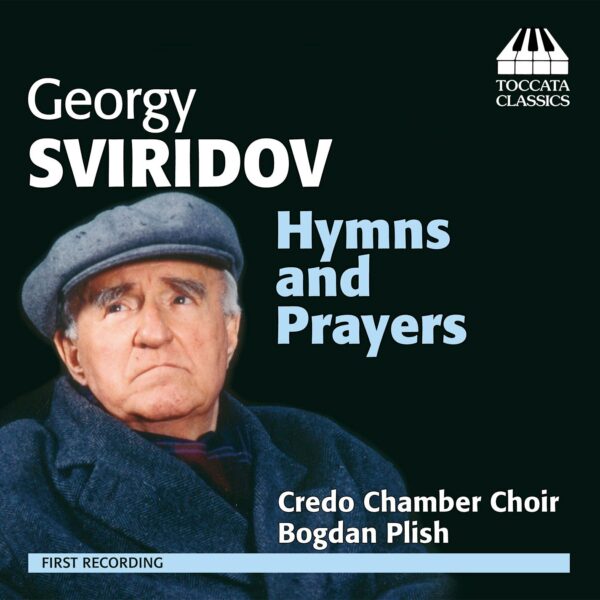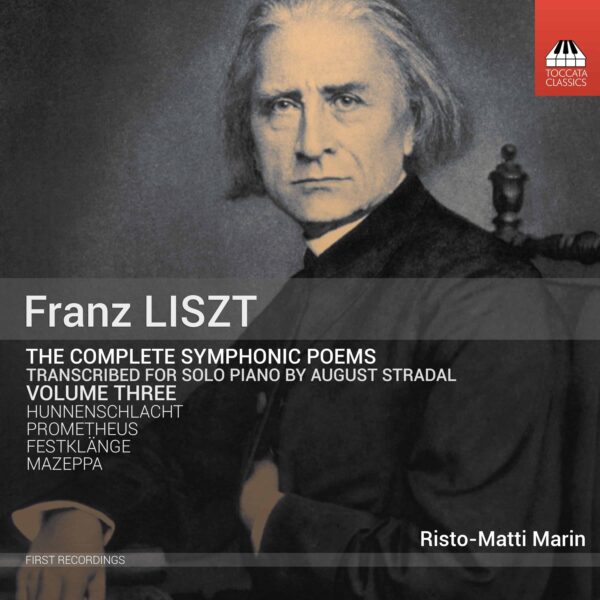Franz Liszt: Complete Symphonic Poems, transcribed for solo piano by August Stradal, Volume One
Although Liszt’s thirteen symphonic poems exist in two-piano transcriptions prepared by the composer himself, it was his Czech student August Stradal (1860–1930) who was to transcribe them for solo piano – versions which demand almost superhuman virtuosity. As Malcolm MacDonald writes in his booklet essay, Stradal’s versions 'transform these revolutionary orchestral compositions into viable and effective piano works, faithfully preserving their masterly musical substance’
Risto-Matti Marin, piano
Listen To This Recording:
- Les Préludes: Symphonic Poem No. 3 (1848)
- Heroïde Funèbre: Symphonic Poem No. 8 (1850)
- Die Ideale: Symphonic Poem No. 12 (1857)





Fanfare Magazine :
‘enthusiastically recommended’
—Adrian Corleonis, Fanfare Magazine
Tom :
This CD is excellent, and I had been waiting anxiously for the next volume in this series. I bought the next, Vol 2, today. I hope there will not be as long a wait for the third volume to become available.
Comparing the Stradal transcriptions with others is instructive. I note that also Karl Straube worked on piano and organ transcriptions of the Symphonic Poems at about the time he revised Liszt’s Fantasie and Fugue on BACH for organ. Straube was way overshadowed by Stradal in this effort, but the interest was there.
Symphonic Poem #3, Les Preludes , performed by Leslie Howard on Hyperion versus the Marin/Stradal performances here, have some differences. I love both. I’d note not all of the Symphonic Poems are to be found in Howard’s massive Liszt collection, only about half are there. So Toccata’s and Marin’s continued effort with this series is especially important to us Liszt enthusiasts. And I hope Toccata brings us a lot more of Stradal ‘s output in addition to his Liszt transcriptions.
MusicWeb International :
‘This is the first Stradal-Liszt cycle. I expected it to be a curiosity only. In fact it is much better especially in the hands of Risto-Matti Marin who has no reservations about grandiloquence or sentiment. Les Préludes here has both sweetness and grandstanded grandeur aplenty. Héroïde Funèbre protests and rumbles deep in the de profundis realms of the keyboard with such gruff ruminations jostling with stern Finlandia-defiant rhetoric. Die Ideale again attends to the composer’s halting accentuation, dramatisation and delicious sentimentalising.
Marin is in splendid form throughout and this can be borne out through listening to the lunar glow he lends the quiet piano chords within Die Ideale’s first five minutes.
The commanding launch of an unlikely but more than merely meritorious endeavour for Marin to record the complete transcriptions. I suspect they are all already in the can. It’s just a matter of money and release schedules. In any event this adds a munificent chapter to Liszt’s complete solo piano works to place alongside the major cycles by Leslie Howard and Gunnar Johansen.
Toccata continue to challenge the listener who complains of the companies’ failure to move away from crossover and the common repertoire rut. More please.’
—Rob Barnett, MusicWeb International